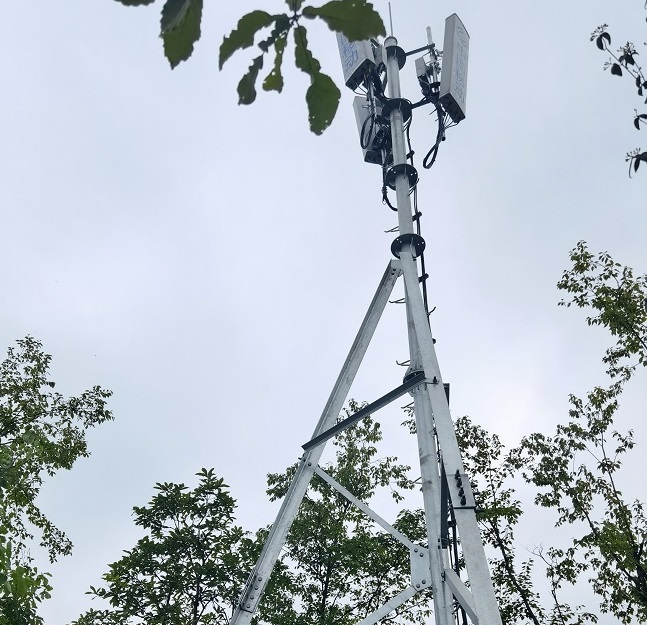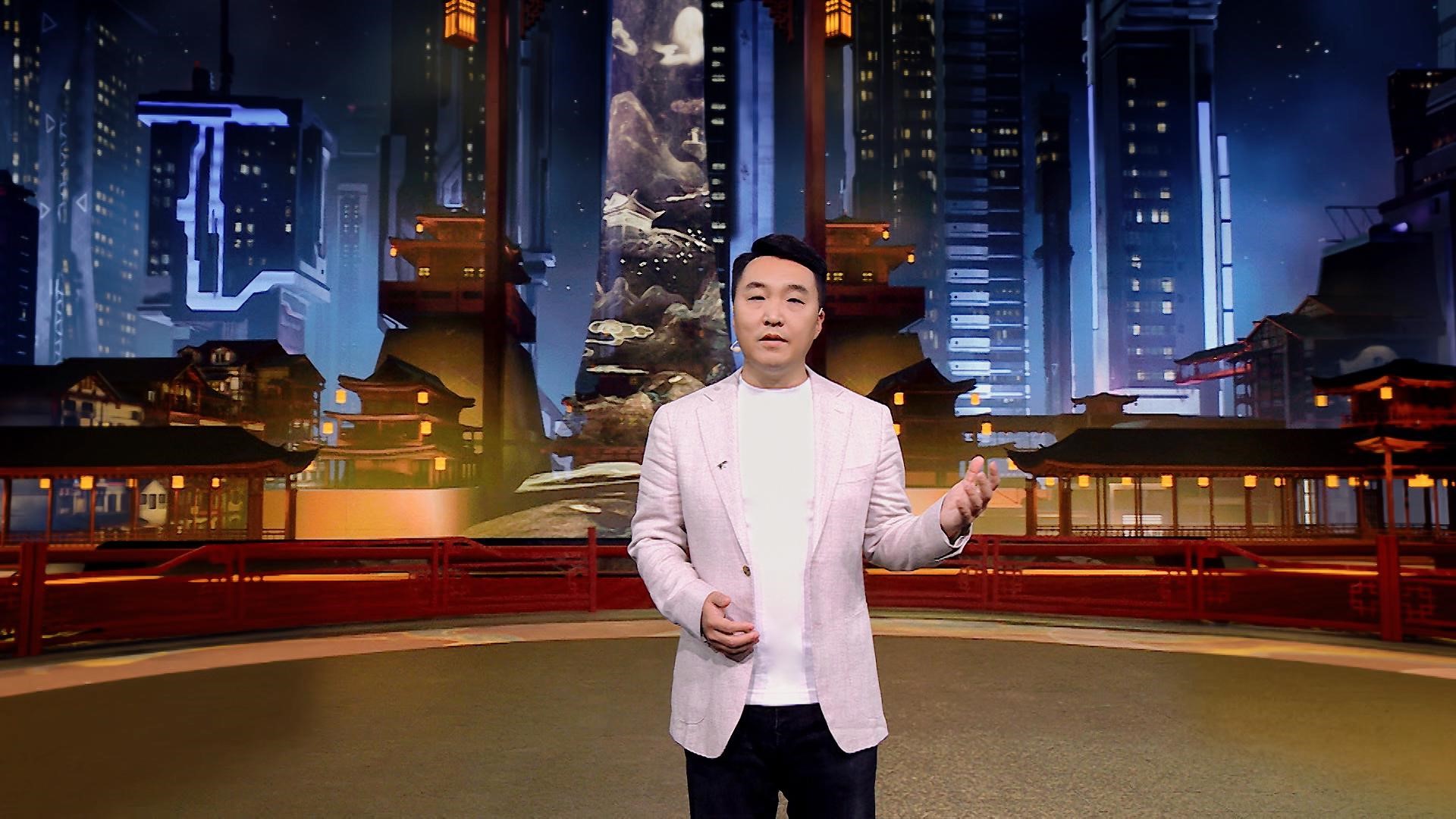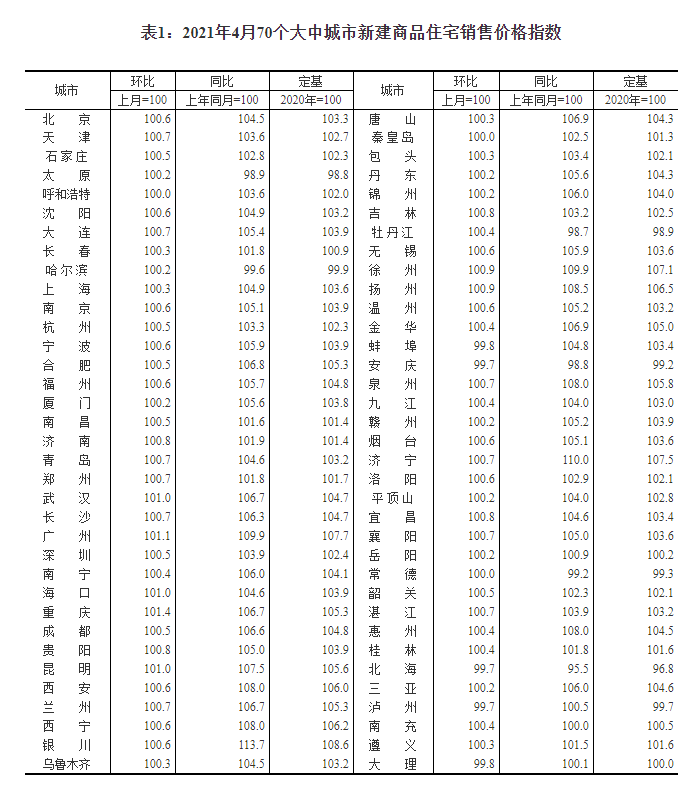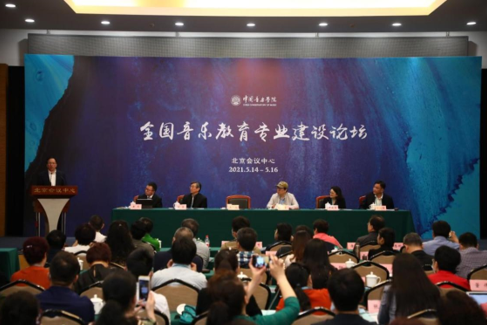Image Source: Unsplash
It was another busy Thursday in Beijing for Lidiia Zhgyr as she shuttled from one business meeting to another in the metropolis. When taking out her smartphone and trying to relax a bit on the taxi, she saw videos on social media that immediately froze her —— images of thick smoke and flames rising from explosions in cities back in her home country Ukraine.
On February 24, Russian ground troops crossed the Ukrainian border during a multipronged attack on its neighbor within minutes after Russian President Vladimir Putin announced the launch of a “special military operation.
Lidiia was terrified. The first thing that crossed her mind was to contact her family back home. She could not reach her parents at that time because they were asleep. In their sleep, they did not even hear the explosions that took place outside the city. Lidiia’s hometown Cherkasy was relatively safe since only the military base located around 20 kilometers away from the downtown was bombed. Russia has been launching attacks against Ukrainian military bases and a number of cities of strategic importance, but cities like Lidiia’s hometown were spared from serious harm.
“The first person I got in touch with was my aunt, and she gave a phone call to my family by Ukrainian mobile connection,” Lidiia recalled, still shaking at the idea that her country is now in war with one of the most powerful countries in the world. “Everyone responded that they are safe, that everything is good so far. And they are going back to work literally.”
Even though Lidiia was able to contact her family back in Ukraine all the time, she was nonetheless scared by the situation in Ukraine. Sometimes her parents would need to hide in their basement for hours.
Ukrainians had been preparing for a potential armed conflict with Russia since 2014 when the Russo-Ukrainian war that claimed over 10,000 lives broke out. But Ukrainians were still shocked by the current escalation of conflict. Lidiia had been preparing herself mentally for the war. But when it did happen, she still could not believe that an all-out war happened in Europe, in the 21st century and in broad daylight. The situation appears even worse for Ukrainians as neither the United States nor European countries are sending troops to help Ukraine.
“When it happened, I could not comprehend the reality. I am feeling similar sentiments as if I were watching a movie, just observing and doing mechanical jobs like sending and updating information, connecting people, because I can do it remotely,” Lidiia told TMTPost. She has been connecting Chinese media with Ukrainians to shed light on the situation in Ukraine in hopes of winning support from the Chinese people.
In her view, it is imperative for Ukraine to recruit China’s support to stop the war because she believes that China has the potential to influence Kremlin’s decision to stop the war.
Major economies such as the United States, the EU and Canada have adopted sanctions against Russia to boycott its military operation. Private companies are also joining the boycott by shutting down their operation in Russia or halting exports to the country.
This set a scene for Lidiia’s fight in China. She wishes to improve understanding between people in China and Ukraine to promote peace.
“I am working around the clock to connect Chinese journalists with Ukrainians in China, in Ukraine, and vice versa to provide clear and checked information from China to Ukraine and interpret it correctly because I think right now Ukraine is full of prejudice about China,” she explained. “Some people assume that China is just a supporter of Russia, and there is no need to make efforts in time to work with China because this option is not available anymore.”
“I"m doing my best to break this stereotype and provide information that the silence from the Chinese official channels is not because they gave up on us, but because they are checking, assessing, monitoring, and trying to draw correct, not too quick conclusions,” Lidiia said.
Lidiia came to China in 2018 for the Schwarzman Scholars Program at Tsinghua University. She decided to study in China because she learned that there is a huge information barrier between China and Ukraine.
“When I was applying, I actually had to start reading about China. We live in this bubble, especially Ukrainians are in an information bubble. It kind of excludes China, excluded back in time because the main players on the checkboard were Europe, America, and Russia,” Lidiia said, explaining the information asymmetry between China and Ukraine. “So when I was applying, I got interested in seeing in which perspectives China can see Ukraine because I suddenly realized there is some sort of wall and many misunderstandings and even stereotypes against each other. We live in this vacuum, and we need to fill it with understanding what happens there in the Far East from Ukraine. Maybe there are things to learn from and get support from.”
Lidiia chose to stay in China and explored the booming education sector in the country after the ten-month Schwarzman Scholars Program at Tsinghua. She is now teaching sustainability to Chinese students at an education company, organizing trips for students to study sustainability issues in the country. Lidiia’s life in China has been exciting and happy. She got the chance to be inspired by what she does as a career and immerse herself in Chinese culture.
But Lidiia had also considered going back to Ukraine to support and comfort her family back home. Everyone knew it was just a matter of time before the peace was shattered.
With the war raging, thousands of Ukrainians are fleeing their home. The European Union has taken in over 650,000 Ukrainians as of March 2, according to statistics from the EU.
“At this rate, the situation looks set to become Europe’s largest refugee crisis this century and UNHCR is mobilizing resources to respond as quickly and as effectively as possible,” said UNHCR spokesperson Shabia Mantoo.
The situation is dire. Ukrainians are losing their homes. Soldiers are dying on the battlefield.
Lidiia felt the urge to go back to Ukraine to support her fellow citizens, but she ultimately decided to fight the battle here in China.
“I think I need to be here because if I go back to Ukraine, I will just be one item of human resources of the Ukrainian army or medical support, whatnot wherever I join, but here we are very few. Our voices are very low. We need to unite and start speaking to Chinese people explaining that Ukrainians are no villains. We are peaceful people, we did not attack anyone,” Lidiia said. She chose to stay in China to speak to Chinese people, seek their support, understanding and sympathy with the people in Ukraine who only wish to protect their families and lifestyles.
On Chinese social media, it is not unusual to see Chinese people voicing their support for Russia because they genuinely believe that Putin was only trying to protect Russia from potential threats of the United States and NATO. The Sino-American relationship has been deteriorating in the past years since the two countries were tangled in a trade war and saw each other as an archrival. Chinese people’s anti-America sentiment became even stronger during the pandemic in 2020 because they believe that the United States was trying to smear China by placing the blame for the Covid-19 outbreak on China.
The anti-American sentiment inevitably turned into support for Russia since Putin’s decision to start a war with Ukraine is perceived as strong and decisive action to protect his own homeland.
The pro-Russia sentiment in China makes it even more necessary for Lidiia to stay.
“It is okay for people to be mistaken. The good news is that people change themselves and people change their opinions. And I still hope there is a chance to reach out to some minds by speaking to Chinese media and hopefully being heard,” Lidiia said.
“There is no legitimate reason for any country to invade another country and start killing its people. No reason whatsoever, whether it is a strong leader or a weak leader, whether there are historical or political or economic reasons. It is illegal to invade other countries.”
Lidiia is staying strong and positive for Ukraine. She believes that even if her story could only touch one person, that is already a huge impact.
“I think it"s just great to be here and be able to reach out to people and to give them the information they deserve knowing. I am thankful that I am being heard,” she concluded.






